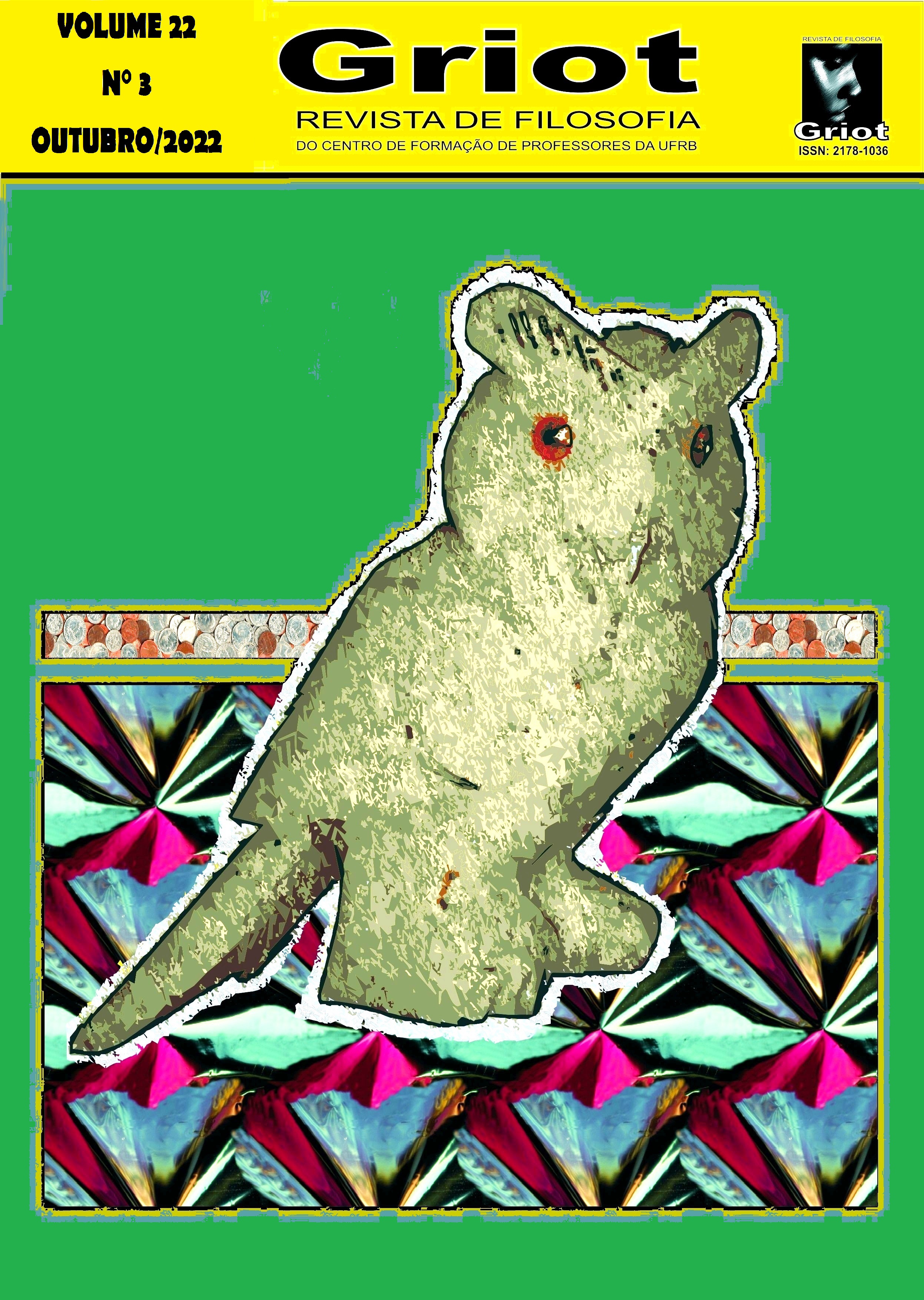Humiliation of the presumption and interiorization of the moral law in Immanuel Kant
DOI:
https://doi.org/10.31977/grirfi.v22i3.2931Keywords:
Kant; Moral law; Unpleasure; Sublime; Moral sentiments.Abstract
In the Critique of practical reason, Kant develops the foundation of moral law in its objective and subjective aspects. After claiming that it is plausible to postulate the determination of will only through pure reason, it was necessary for the philosopher to demonstrate how it becomes conscious and acceptable to the moral agent. In this step, he examines the feeling of pleasure and displeasure, to which he associates, at first, the humiliation of the will given to the satisfaction of the senses, so that in the subject emerges a new quality of feeling, respect, also called moral sentiment. The same strategy is found in the third critique, where the constraint, this time, acts on the imagination, unable to encompass the sublime immensity with the help of understanding. The displeasure that comes from it leads to the recognition of reason as a higher faculty and, from it, to the pleasure that comes from the conscience of the moral law as a higher destination. To consider the way in which the subjective assimilates the moral law, here it is intended to think it under the hypothesis of being it, rather, through embarrassment and displeasure, not only founded on the freedom, but also on the humiliation of presumption. The argument follows Kant’s works on ethics, beginning with the Groundwork of the Metaphysics of Morals, then follows the path of the second to the third criticism. In this journey, we intend to examine the place that the feeling of pleasure occupies in the a priori foundation of the moral law, whether in the analytical of practical reason or in the analytical of the beautiful and the sublime.
Downloads
References
KANT, Immanuel. Fundamentação da metafísica dos costumes. Tradução Paulo Quintela, Lisboa: 70, 2005.
KANT, Immanuel. Crítica da razão prática. Tradução Paulo Bezerra, São Paulo: Ícone, 2005b.
KANT, Immanuel. Crítica da razão pura. Tradução Fernando Costa Mattos, São Paulo: Vozes, 2012.
KANT, Immanuel. Crítica da faculdade de julgar. 2. ed. Tradução Valério Rohden e Antônio Marques, Rio de Janeiro: Forense, 2008.
KANT, Immanuel. Antropologia de um ponto de vista pragmático. Tradução Clélia Aparecida Martins, São Paulo: Iluminuras, 2006.
DELEUZE, Gilles. A filosofia crítica de Kant. Tradução Germiniano Franco, Lisboa: 70, 2009.
ROGOZINSKI, Jacob. O dom da lei – Kant e o enigma da ética. São Paulo: Discurso editorial, 2008.
Downloads
Published
How to Cite
Issue
Section
License
Copyright (c) 2022 Reginaldo Oliveira Silva

This work is licensed under a Creative Commons Attribution 4.0 International License.
The authors who publish in Griot: Revista de Filosofia maintain the copyright and grant the magazine the right of first publication, with the work simultaneously licensed under the Creative Commons Attribution 4.0 International License, allowing sharing and adaptation, even for commercial purposes, with due recognition of authorship and initial publication in this journal. Read more...









































































